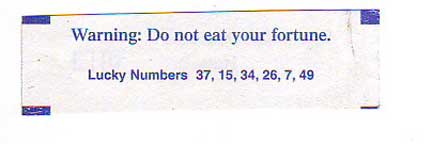Chicago Reader Blogs: Post No Bills – Malachi Ritscher’s apparent suicide
On Saturday the Sun-Times ran a small item about a man who had set himself on fire during rush hour Friday morning near the Ohio Street exit on the Kennedy. His identity had not been determined at the time, but members of the local jazz and improvised music community now say they are certain it was Malachi Ritscher, a longtime supporter of the scene.
I didn’t know Malachai Ritscher. He ran a site that had listings for all of the happenings in the Chicago jazz/improv scene. It was a service he provided to the community.
Apparently Malachai immolated himself in protest of the direction the United States is taking. Some people might dismiss him as a mad man. Even if he was a mad man, I know many crazy people that do not have the strength of conviction to set themselves on fire to raise awareness of injustice. Regardless of how any of us feel about Malachai’s final act or the ideas that led him to it, I hope his ultimately sincere dedication to his beliefs will lead us all to really think about how we live our lives and uphold our responsibilities as citizens.

